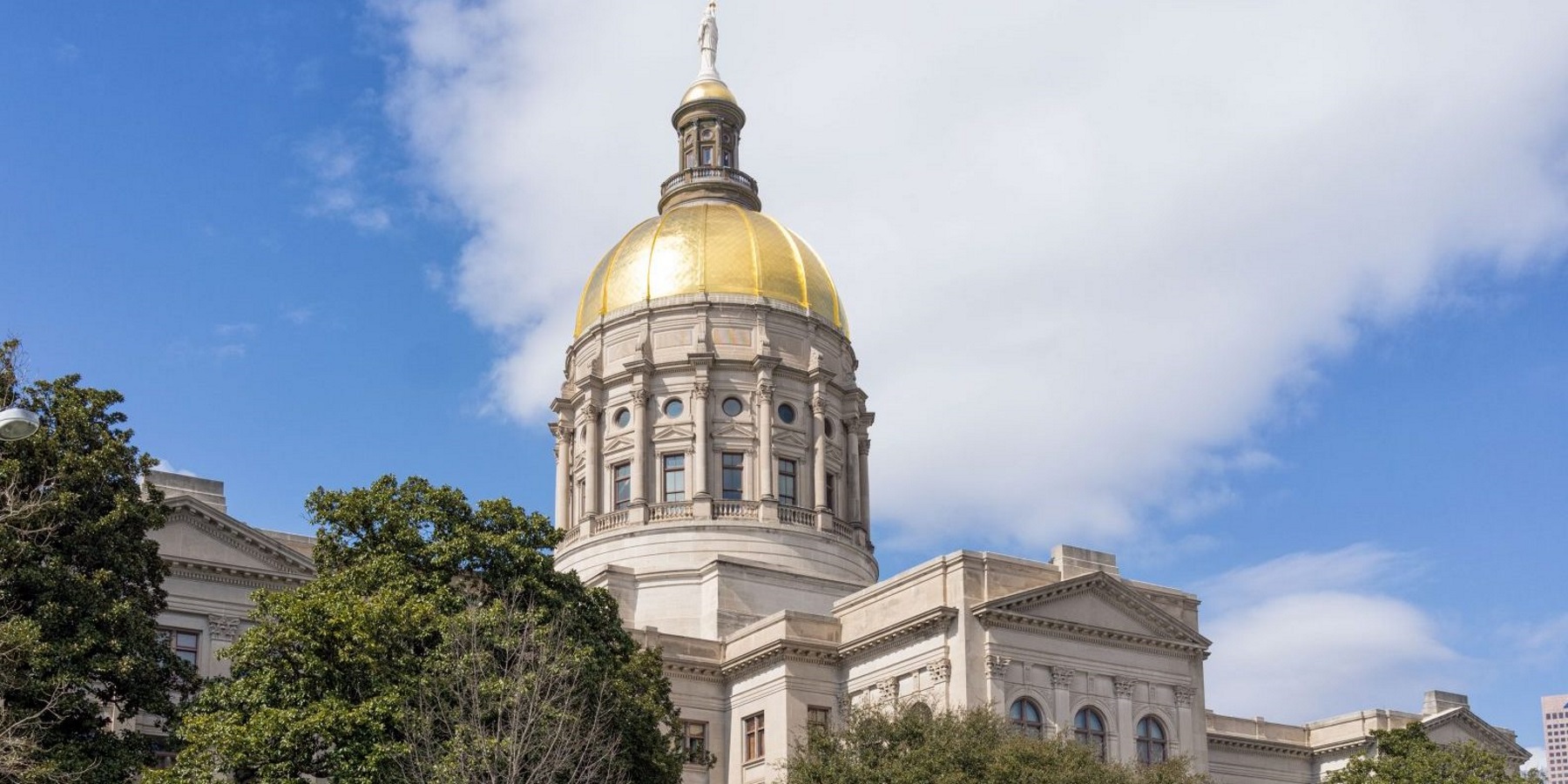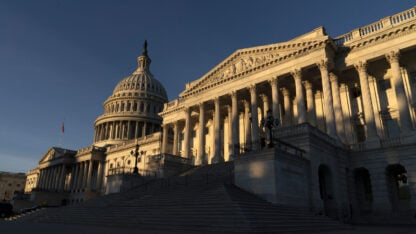A 14% cut in state spending in Georgia would lead to more than a thousand employees being laid off or bought-out and thousands more being forced to take unpaid days off.
It would mean fewer state troopers on the road, less money to keep senior citizens at home instead of in nursing homes, fewer scientists in state crime labs, and less spending on hospitals that treat trauma patients.
State agencies detailed those cuts and more as they submitted this week mandated budget reduction proposals obtained by The Associated Press. Lawmakers will ultimately decide what gets cut, and the proposals may not come to pass. But chainsawing more than $3.5 billion from a budget originally projected at $28 billion in state revenue was always going to be a bloody amputation and not a surgical slice.
Lawmakers must draw up a spending plan by June 30 for the 2020 budget year that begins July 1. They will do so next month amid a level of uncertainty unseen since the 1930s. Predicting how much tax revenue will be collected amid the economic plunge from the COVID-19 pandemic is beyond challenging, although Republican Gov. Brian Kemp has pledged to make a new guess by early June. The federal government could bail out state governments, as it did for a while during the Great Recession, but Republicans in the U.S. Senate are currently stalling House Democrats’ push for state aid, meaning Georgia may have to plan for the worst.
The dreary news will be familiar to many of 70,000 state employees. Many large agencies are proposing two unpaid furlough days a month, amounting to a pay cut of close to 10%. Furloughs lingered for years during the recession, with agency leaders saying they drove experienced workers to seek higher pay elsewhere.
Kemp had previously shielded education and Medicaid from reductions this year and next. Kemp hoped to use some savings next year for teacher pay raises. But hopes of higher teacher pay or another income tax cut are now artifacts of the pre-COVID world. Agencies that had planned 6% reductions had to increase amounts to 14%, while once-shielded agencies had to make proposals to save that whole amount.
About $1.66 billion would be cut from the state’s formula that aids its 1.8 million K-12 students, more than $900 per student. Teachers could face furlough days or pay cuts. School boards won’t write budgets until after lawmakers act, but some superintendents have said they’re avoiding filling vacancies, a move that could mean higher class sizes.
The university system alone proposes to eliminate 1,400 vacancies and buy out or lay off 700 other workers. The University of Georgia, for example, warns it could struggle to process student accounts if it eliminates 25 vacant positions and cuts 14 workers from its central business office. Georgia State University says it wants to offer buyouts to 181 employees. The university system plans to save $80 million just from furloughs of its 50,000 employees.
The Department of Community Health proposes to avoid reductions to Medicaid and child health insurance benefits while spending $413 million less in state money via a series of financial maneuvers. The state would save $165 million because of a temporary decrease by the federal government in the state contribution to Medicaid.
However, the department says it needs nearly half the savings back to cover projected growth in Medicaid recipients. Without the money, the department warns of “drastic reductions that include across-the-board providers rate cuts” for nursing homes, pharmacies and home and community based services.
The Department of Public Health would send $17.7 million less to county health departments and even furlough epidemiologists now racing to trace and isolate COVID-19 infections.
The Department of Corrections would close six facilities, including 1,700-bed Autry State Prison in Pelham. Closing Autry alone would save $21.6 million. Inmates and staff would be consolidated elsewhere.
The cuts hit some agencies that never fully staggered back from earlier austerity. State government had 8,000 fewer employees last year than in 2010, even as Georgia’s population has grown by nearly a million.
Labor Commissioner Mark Butler, noting the Department of Labor’s employee headcount has been cut almost in half since 2012, asked to be exempted from cuts, as did the Public Defenders Council. Butler wrote that his department is adding employees to pay the crush of people claiming unemployment, and is financed through unemployment tax collected from employers.
“Our citizens are crying out for critically needed assistance…,” the elected Republican wrote. “Additional budget reductions of 14% would have a devastating impact on the ability to address the workload in a timely and efficient manner.”









